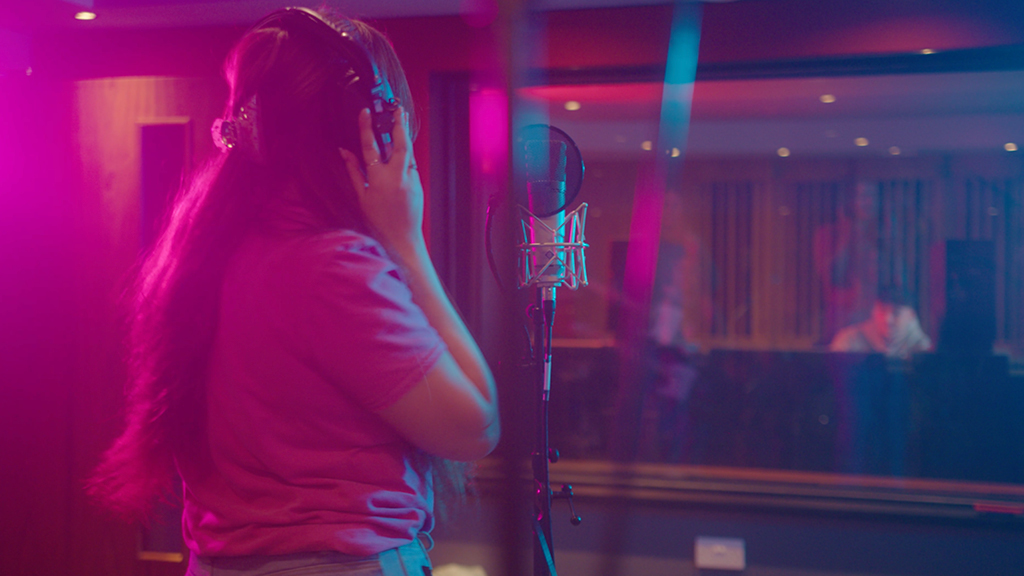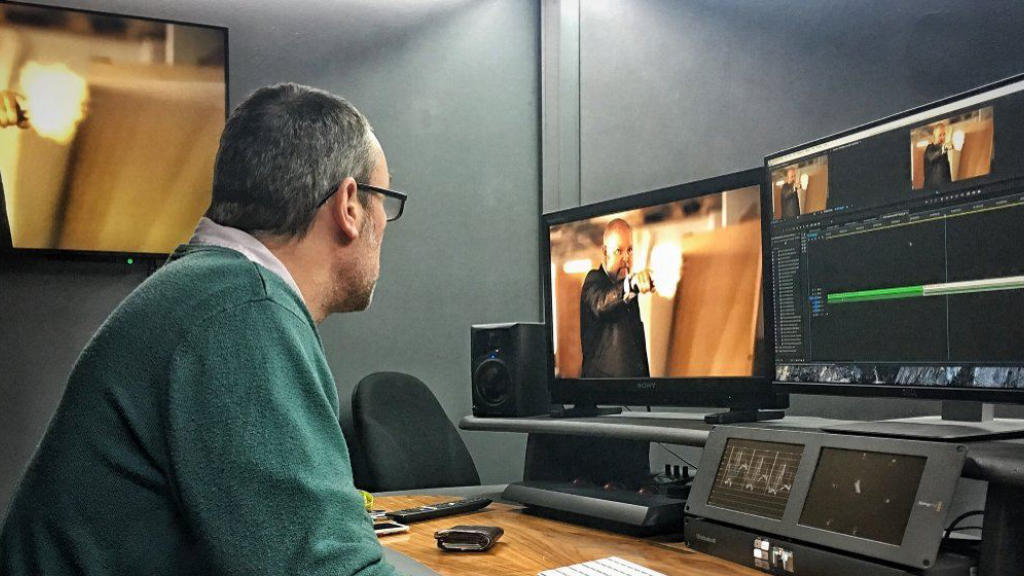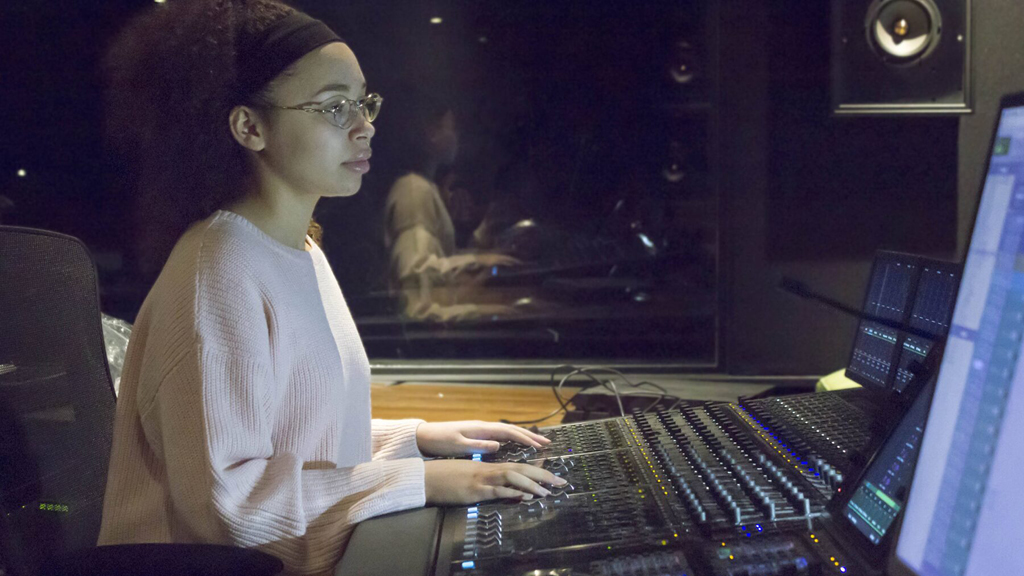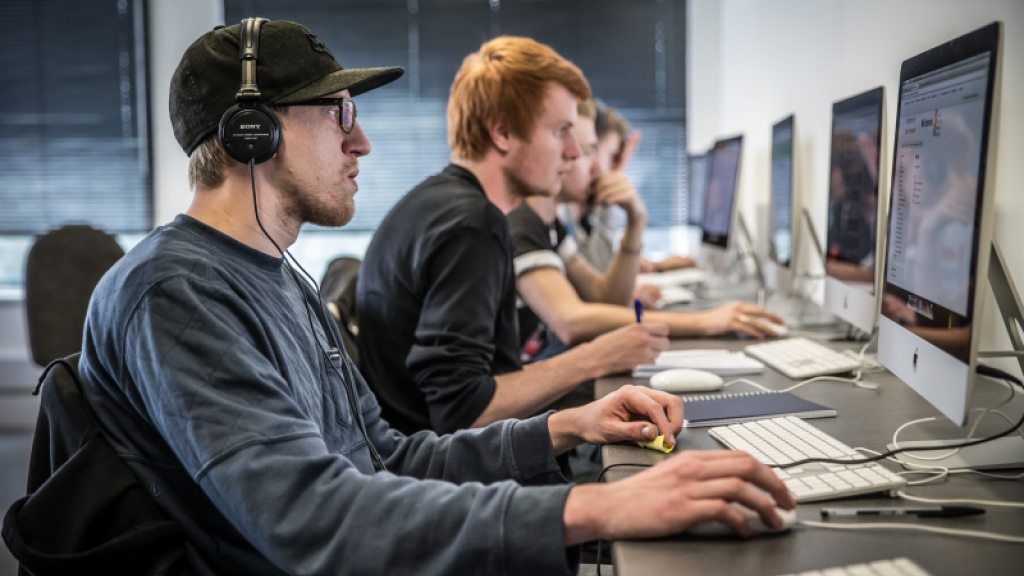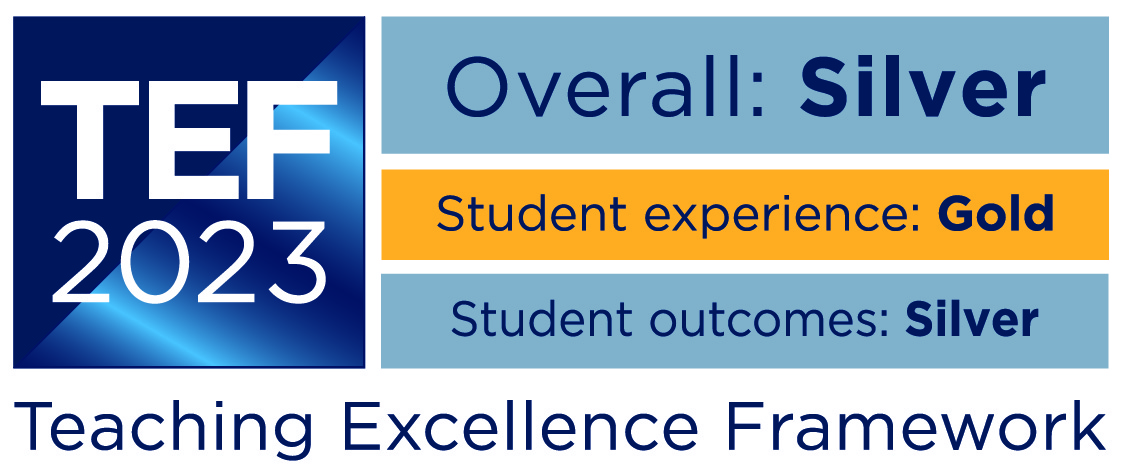This website uses cookies so that we can provide you with the best user experience possible. Cookie information is stored in your browser and performs functions such as recognising you when you return to our website and helping our team to understand which sections of the website you find most interesting and useful. For full details on the cookies used on our website, please visit our Cookies Policy page.
Futureworks’ Principal, Chris Mayo, conceived of Futureworks during his tenure as a Sound Engineer and Pro-Tools Instructor back in 2003.
Noticing an absence of inter-departmental collaboration within educational establishments around Europe, Chris realised that media students were graduating without the practical and vocational knowledge and experience which was (and still is) considered a core skill within the creative industries. Universities and colleges recruited onto film, audio and games courses, however each course was run in a silo, with no cross-course collaboration. This resulted in a steady stream of graduates, both here and overseas, making movies and games with poor sound, or sound engineering students limited only to producing music, rather than applying those skills to games, or film.
The Futureworks concept was simple: to deliver industry-focused vocational training, where practical hands-on courses provided skills that would kick-start students’ creative careers. Chris realised that to achieve this, he needed to turn the traditional concept of vocational education on its head – by focusing on the outcome, and working backwards from there to determine the start point. His vision was an educational institution where students were encouraged to collaborate across courses and faculties from day one. To exchange knowledge, share creativity, learn new workflows, and graduate with the skills and confidence that guarantee a successful creative career.
Initially offering only two Diploma courses (one in audio engineering, the other in film and TV), Futureworks launched in early 2007, led by Chris Mayo, Ben Norris and Rob Magoolagan, with the intention of providing high-quality, industry-led vocational courses that provided students with the skills and knowledge needed for a career in the creative industry. It was clear, right from the start, that moving into higher education and offering undergraduate degree courses would need to be their primary objective.
Following a successful partnership with the University of Central Lancashire (and a brief partnership with the University of Bolton), Futureworks offered its first full degree course in September 2008, and over the subsequent years, expanded this provision into what is offered today across three schools: Sound & Music Production, Film, Television & Media, and Art & Design.
Futureworks has maintained its specialist creative mentality and proven itself adaptable and agile, rapidly responding to a swiftly evolving and changing industry. By continuing to work with lecturers who are practising industry professionals, investing wisely in new technology, and nurturing a proactive industry advisory group, Futureworks has flourished into a thriving creative community and a respected provider of higher education in the UK and beyond.
The success of Futureworks is proven through the continued success of its graduates – creative professionals enjoying rewarding careers across the creative sector.
People at Futureworks are often asked about the meaning behind the name Futureworks. Well, its name continues to live up to its reputation: Futureworks provides students with a successful future, a future that works.
